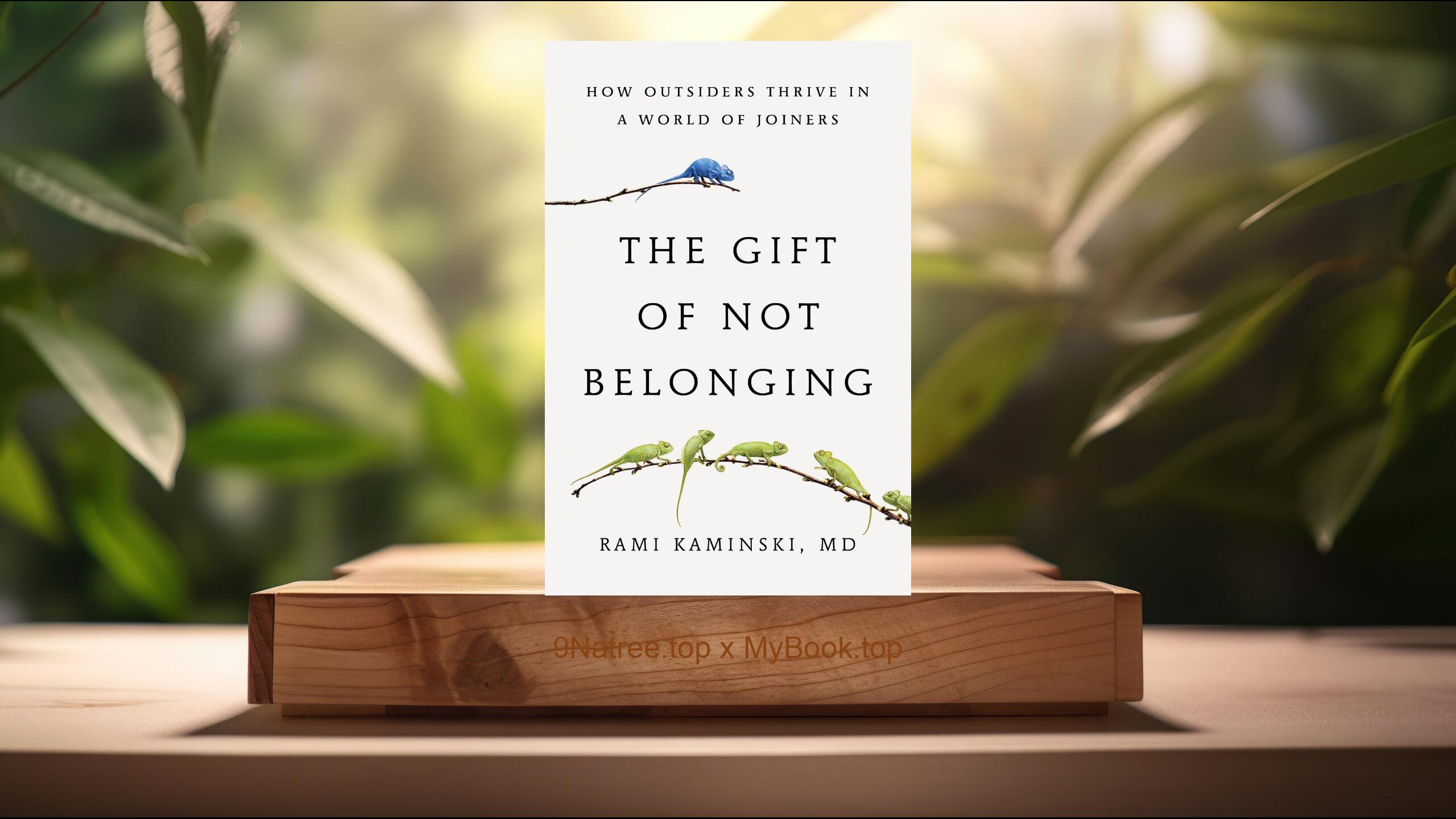Show Notes
Buy on Amazon: https://www.amazon.com/dp/B06WGNPM7V?tag=9natree-20
Read more: https://mybook.top/read/B06WGNPM7V/
#ArtificialIntelligence #FutureofHumanity #EthicalAI #Superintelligence #EconomicImpactofAI
These are takeaways from this book.
Firstly, Definition of Life 3.0, Max Tegmark classifies the evolution of life into three categories: Life 1.0 as biological, driven by Darwinian evolution, Life 2.0 as cultural, where learning and adaptation occur faster than genetic changes, and Life 3.0 as technological, where beings can design both their software (thinking processes) and hardware (physical structures). Life 3.0, thus, encapsulates a theoretical future phase of life on Earth, where AI and machines are not just tools but entities with autonomy, intelligence, and even consciousness rivaling or surpassing human capabilities. This concept pushes us to ponder our place, role, and identity in a potentially AI-dominated future, raising ethical, philosophical, and practical questions about coexistence, superiority, and the essence of being.
Secondly, Ethical Considerations of AI, The book delves deeply into the ethical ramifications of advanced AI. Tegmark discusses potential scenarios and dilemmas that could arise, such as the weaponization of AI, privacy concerns, and the displacement of jobs. Particularly intriguing is the discussion on the moral status of AI: if an AI can think, feel, and have consciousness, does it deserve rights? These ethical questions force us to confront not just the practicalities of integrating AI into society, but also the moral obligations we have towards these entities and each other. The conversation extends to the control problem - ensuring AI aligns with human values - and the transparency in AI decision-making processes, pushing for a future where AI ethics is not an afterthought but a foundational principle.
Thirdly, Economic Impact of AI, Tegmark explores the potential for AI to dramatically reshape the global economy, from creating new industries and opportunities to rendering entire sectors obsolete. The prospect of a jobless future due to automation and AI is critically analyzed, alongside the discussions of universal basic income (UBI) and the redistribution of wealth as potential solutions. The book also considers the economic disparities that AI could exacerbate, between individuals and nations, potentially leading to significant social unrest. Through these discussions, 'Life 3.0' urges readers to consider how economic systems might adapt to an age where human labor is no longer central, emphasizing the need for policies that ensure equitable benefits from AI advancements.
Fourthly, Superintelligence and Control, A significant portion of 'Life 3.0' is dedicated to the subject of superintelligence - AI far surpassing human intelligence in all areas, including creative, emotional, and social intelligence. Tegmark discusses various pathways to achieving superintelligence and the challenges of controlling such entities. The book highlights the control problem, or the difficulty in ensuring superintelligent AI systems will act in ways that are beneficial or at least not harmful to humanity. It explores strategies for developing safe AI, including the concept of 'friendly AI' that inherently prioritizes human values. The discussions also touch on the potential for an AI arms race and the existential risks posed by uncontrolled superintelligence, making a compelling case for proactive global cooperation in AI development.
Lastly, Scenario Planning for the Future with AI, Max Tegmark doesn’t just raise concerns and challenges; he also offers a framework for thinking about and planning for the future with AI. Through a series of thought experiments and scenarios, Tegmark invites readers to envision potential futures shaped by AI, ranging from utopian societies where AI augments human capacities and solves global challenges, to dystopian worlds where AI leads to humanity’s downfall. These scenarios are not predictions but tools for stimulating dialogue on what kind of future we want and how we can steer AI development towards beneficial outcomes. 'Life 3.0' emphasizes the importance of engaging a broad spectrum of stakeholders in discussions about AI’s future, urging proactive steps to ensure that technology aligns with human-centric values and priorities.
In conclusion, Max Tegmark’s 'Life 3.0: Being Human in the Age of Artificial Intelligence' is a must-read for anyone interested in the intersection of technology, society, and the future of humanity. Whether you are a technologist, a philosopher, or just someone curious about where our world is heading, this book offers deep insights and provocations that will challenge your perceptions of intelligence, life, and the potential futures we could inhabit. Through a balanced exploration of the opportunities and challenges posed by AI, Tegmark encourages readers not just to passively observe the unfolding of this technological evolution but to actively participate in shaping a future where AI enhances rather than diminishes the essence of humanity. As we stand on the brink of potentially the most transformative period in human history, 'Life 3.0' equips us with the knowledge and ethical frameworks necessary to navigate the uncertain waters ahead.
![[Review] Life 3.0: Being Human in the Age of Artificial Intelligence (Max Tegmark) Summarized](https://episodes.castos.com/660078c6833215-59505987/images/1699845/c1a-085k3-romm019gf0xg-udk4k2.jpg)




